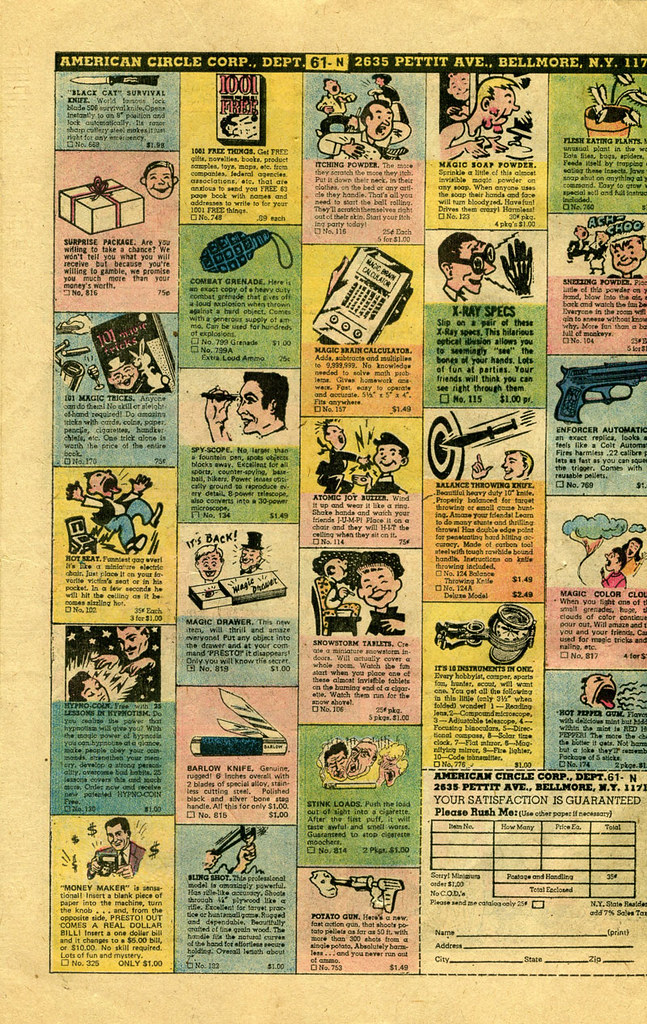Douglas Coupland coined the named Generation X and wrote some books that I like. He’s put forward forty five theses on the future. That are interesting and thought provoking. Here are some of my favourites.
8) Try to live near a subway entrance
In a world of crazy-expensive oil, it’s the only real estate that will hold its value, if not increase.
9) The suburbs are doomed, especially thoseE.T. , California-style suburbs
This is a no-brainer, but the former homes will make amazing hangouts for gangs, weirdoes and people performing illegal activities. The pretend gates at the entranceways to gated communities will become real, and the charred stubs of previous white-collar homes will serve only to make the still-standing structures creepier and more exotic.
17) You may well burn out on the effort of being an individual
You’ve become a notch in the Internet’s belt. Don’t try to delude yourself that you’re a romantic lone individual. To the new order, you’re just a node. There is no escape.
21) We will still be annoyed by people who pun, but we will be able to show them mercy because punning will be revealed to be some sort of connectopathic glitch: The punner, like someone with Tourette’s, has no medical ability not to pun.
33) People who shun new technologies will be viewed as passive-aggressive control freaks trying to rope people into their world, much like vegetarian teenage girls in the early 1980s
1980: “We can’t go to that restaurant. Karen’s vegetarian and it doesn’t have anything for her.”
2010: “What restaurant are we going to? I don’t know. Karen was supposed to tell me, but she doesn’t have a cell, so I can’t ask her. I’m sick of her crazy control-freak behaviour. Let’s go someplace else and not tell her where.”
35) Stupid people will be in charge, only to be replaced by ever-stupider people. You will live in a world without kings, only princes in whom our faith is shattered






